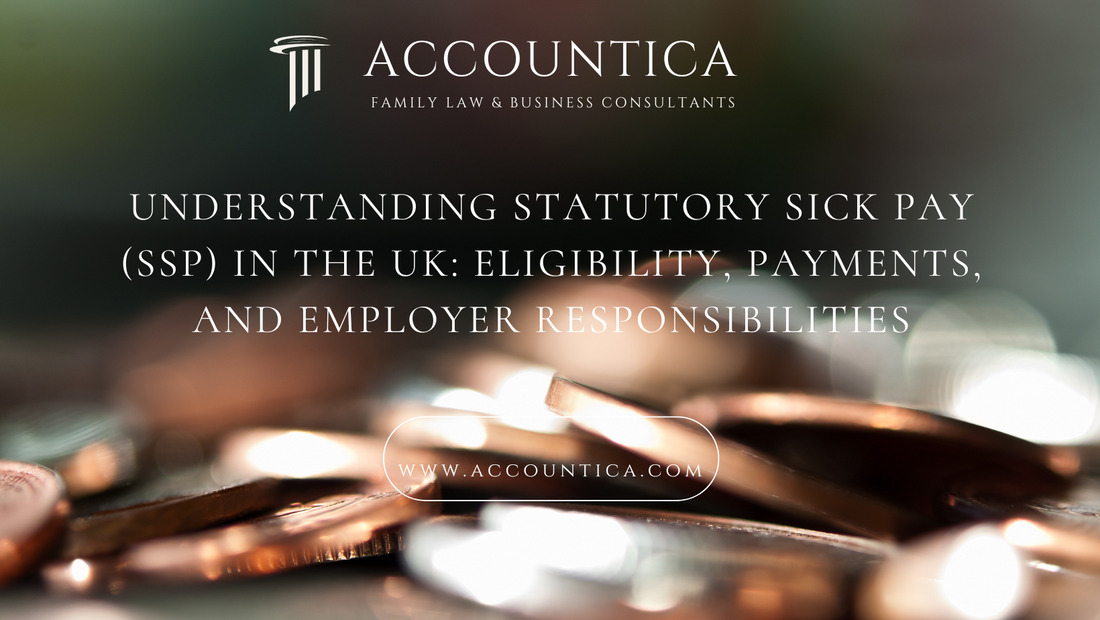Statutory Sick Pay (SSP) is a legal requirement that ensures employees receive some compensation when they are off work due to illness.
Here's a breakdown of the key aspects:
Eligibility for Statutory Sick Pay (SSP) To qualify for SSP, an employee must: Be classed as an employee and have done some work for their employer. Earn an average of at least £123 per week. Have been ill for at least 4 days in a row (including non-working days).
Payment Details Amount: As of April 2024, the SSP rate is £109.40 per week. Payment Duration: SSP can be paid for up to 28 weeks.
Employer Responsibilities Employers must pay SSP to employees who qualify from the fourth day of their illness. They cannot ask for a doctor’s note for the first 7 days of sickness. After that, they may require a “fit note” from the employee's GP or hospital doctor. SSP is paid in the same way as normal wages (e.g., weekly or monthly) and is subject to tax and National Insurance contributions.
Maternity-Related Sick Leave: If an employee is sick during pregnancy, SSP is payable, but if the sickness occurs in the last 4 weeks before the baby is due and is related to the pregnancy, maternity leave and pay start automatically.
Claiming SSP Employees do not need to fill in a form to claim SSP. It should be automatically processed by the employer. If an employer refuses to pay SSP, employees can contact HM Revenue and Customs (HMRC) for assistance.
www.accountica.com

